Why We May All be Guilty of Racism
Written By Michael Van Dyke
Michael is a Professor of English and teaches courses in American literature, writing and philosophy. He is also an elder at Mars Hill Bible Church and he and his wife Beth have two children, Caleb and Emma. In his spare time, Michael likes to paint, lift weights, and watch Michigan State basketball.
Last week, a friend of our family was walking with his wife in the Austin neighborhood of Chicago when he was attacked by a gang of young men and badly beaten. He ended up spending the night in the hospital with several cracked bones in his face and other assorted cuts and bruises. His wife, though unhurt, was forced to watch as her husband—for all she knew— was being beaten to death. Of course, she will likely be haunted by that image for the rest of her life.
Austin is known for being one of the most gang- and drug-ridden neighborhoods in the city of Chicago, US. Our friend and his wife were walking down the sidewalk that evening because they had felt called several years ago to pastor a church there—despite the many risks that were involved. Almost all of the residents of Austin are black and poor, whereas our friend is white and from a middle-class background. As he says on the church’s website, he ministers there because he believes every single person has equal value in the eyes of God, and that every person has something to contribute to the good of humanity.
He doesn’t say it in a condescending or patronizing way. He simply says it out of a recognition that society as a whole has written off the people of Austin. And he says it because he knows that God not only redeems, but also restores and renovates lives.
 Photography by Tricia Victoria
Photography by Tricia Victoria
See No Evil, Hear No Evil
Some people might think that our friend is a fool to squander all of his talents, education, and advantages on a neighborhood that is full of drug houses, gangs, and violent crime. Some might even say that the residents of Austin are not worth his time and commitment, since their problems are certainly the result of their own choices (i.e., moral failings).
But people who think such things probably don’t know about the *white flight from Austin in the late 1960s that led to decades of disinvestment by the city. They probably don’t understand how the judicial system has created cycles of poverty through police crackdowns on petty crimes, which have led to long prison sentences and fatherless families. And it is unlikely that they know how impossible it is for a black man with a felony conviction to get a decent job that will support a wife and children.
This ignorance, I would contend, is one big reason why the cycle continues.
Hardly any white people in America—especially white Christian people—will admit to being racists. We will usually point out that we have black friends (often of their same socio-economic status); and we will vehemently assert that we have never discriminated against anybody. In fact, many of us have probably given money to **inner-city ministries. However, the majority of us have also arranged our lives so that we don’t have to think very often about the daunting challenges facing hundreds of black communities across America. And most of us will not take a moment to wonder why there are still “black communities” and “white communities” in America, when we supposedly have laws against segregation.
 Photography by Tricia Victoria
Photography by Tricia Victoria
Superficial Justice
To be sure, one has to admit that there have been many improvements in the opportunities afforded black Americans since the Civil Rights movement. We do have a black president, for instance. It’s also a good thing that not too many places remain where somebody can get away with making an overtly racist comment, or with using the “n-word”.
Yet black men, who make up about six per cent of the American population, still constitute about 80 per cent of the prison population, and most of them are serving longer sentences for the types of non-violent drug crimes that are just as prevalent among whites. However, since most whites are ignorant of real reasons for these discrepancies, we think that justice is being done, when in fact exactly the opposite is the case.
I would like to think that if more white Christians actually knew the facts and the histories, we would do something. Because if we do know the facts and still aren’t doing anything, I don’t know how to explain that except by pointing to a sort of unconscious racism, combined perhaps with a sense that the problems are just too overwhelming.
 Photography by Tricia Victoria
Photography by Tricia Victoria
This is why I believe that racism is not so much a sin of commission in America anymore, that is, a sin that people commit in some sort of obvious way. Rather, it is mainly a sin of omission, or a sin that consists in things that are not done. This also means that it is a sin which is often overlooked in our churches.
In your struggle against sin, you have not yet resisted to the point of shedding your own blood. (Hebrews 12:4)
Undoubtedly, Christians are very good at being nice to people on a face-to-face basis. Most of us are willing to give others the shirts off our backs, no matter what their race or background, if they tell us that they need them. We are also willing to include people in our churches or organizations who are different from us if they happen to seek us out or come across our paths. But rarely will white Christians (and I’m talking to myself here) make an effort to seek out black populations who are segregated from us, and who may not talk or act like us, and who may even be a little bit dangerous.
Furthermore, we will rarely immerse ourselves in justice movements that seek to redress generations of unfair treatment, judicial prejudice, and economic disinvestment. Instead, we let the courts and judicial system handle everything, which excuses us from the obligation to seek peace (shalom) and pursue justice and true equity, as the prophets have commanded us. To do so would also be risky, since it would take us into waters that we are not accustomed to navigating.
Being a follower of Christ in such ways may even cost us our lives.
 Photography by Tricia Victoria
Photography by Tricia Victoria
The Fullness of the Gospel
In Galatians, Paul writes that for Christians “there is neither Jew nor Gentile, neither slave nor free, neither male nor female, for you are all one in Christ Jesus.” What he means is that the gospel transcends all of the social divisions constructed by our prejudices and cultural traditions, and that none of these should be barriers to full Christian fellowship.
I sometimes wonder if churches have presented salvation as a purely spiritual event because this is the only area where their congregations actually seem to need salvation. All of their other needs are met, and they are not oppressed in any way. But when the prophets and Jesus himself taught about salvation and the kingdom of God, they spoke more often about justice, healing, restoration, recovery, and reconciliation than they did about a purely spiritual transaction between the individual and God.
This thought helps me to explain why our friend went to Austin several years ago, and why he will probably continue to live there. For if you see your fellow human beings not with the eyes of the surrounding culture, but with the eyes of Christ, their needs will suddenly strike you as being nearly as important as the needs of your own family.
In fact, you might be willing to sacrifice safety, comfort, and material resources to see those needs met—even if they are so large and overwhelming that everyone else has given up on them. Indeed, the hope of Christ will compel you.
*White-flight refers to the occurrence where white people move out of a city to suburbs as people of other races move in.
**Inner-city ministries focus on African-American and Latino populations.

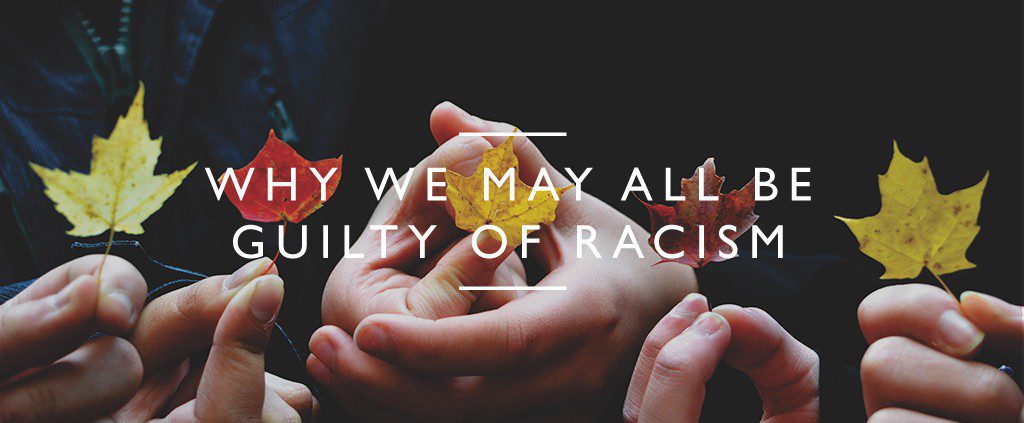
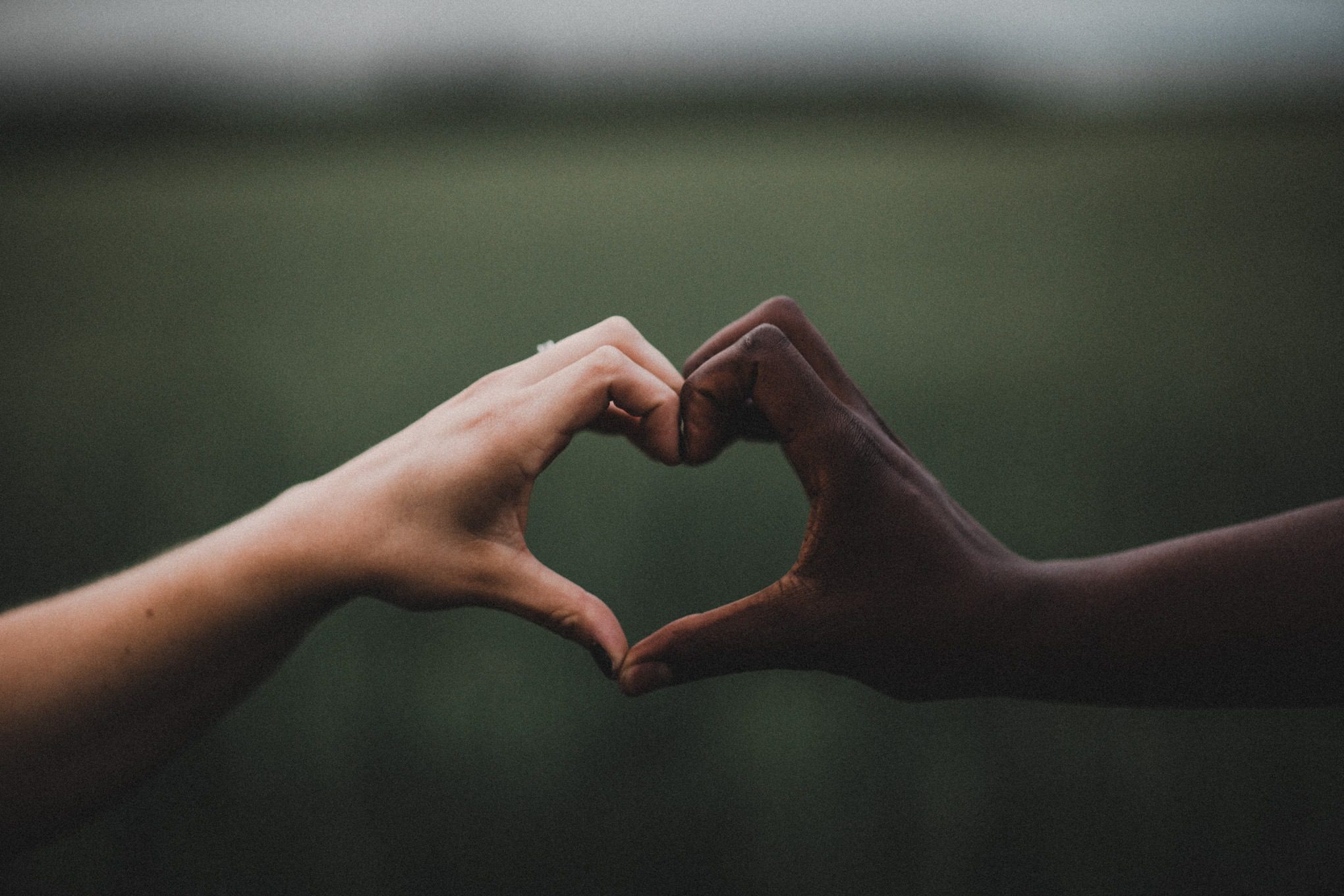 Photography by Tricia Victoria
Photography by Tricia Victoria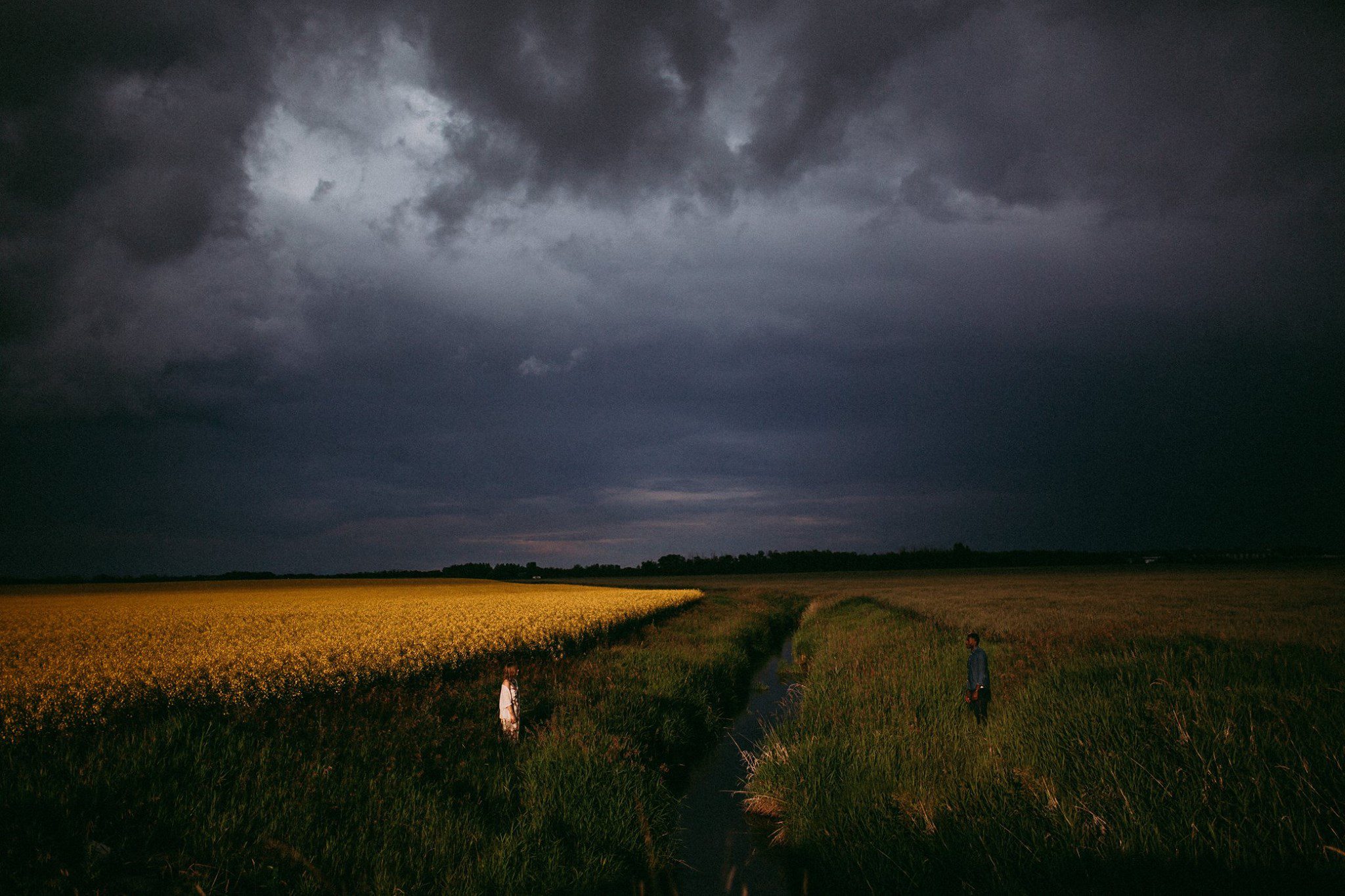 Photography by Tricia Victoria
Photography by Tricia Victoria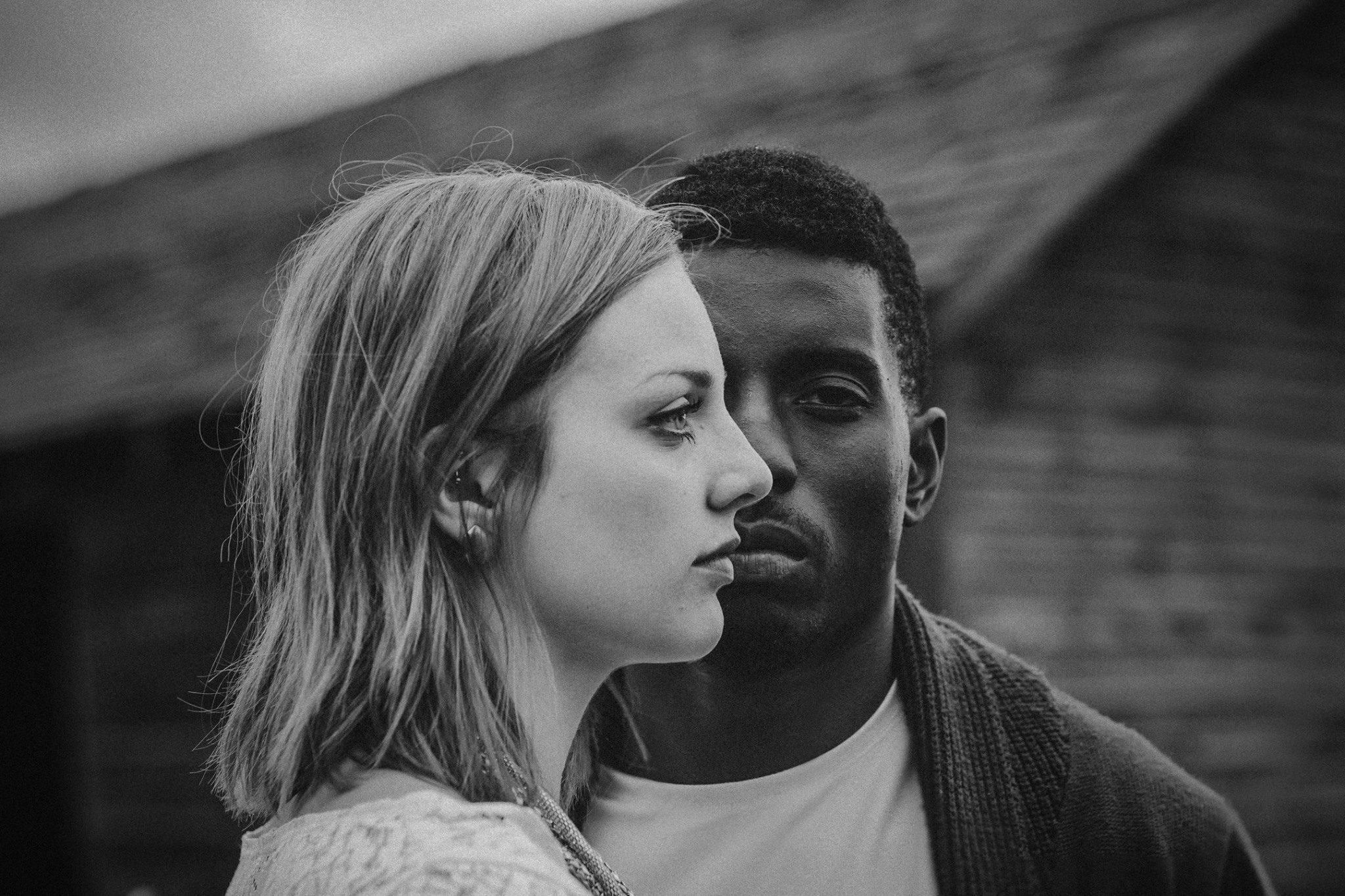 Photography by Tricia Victoria
Photography by Tricia Victoria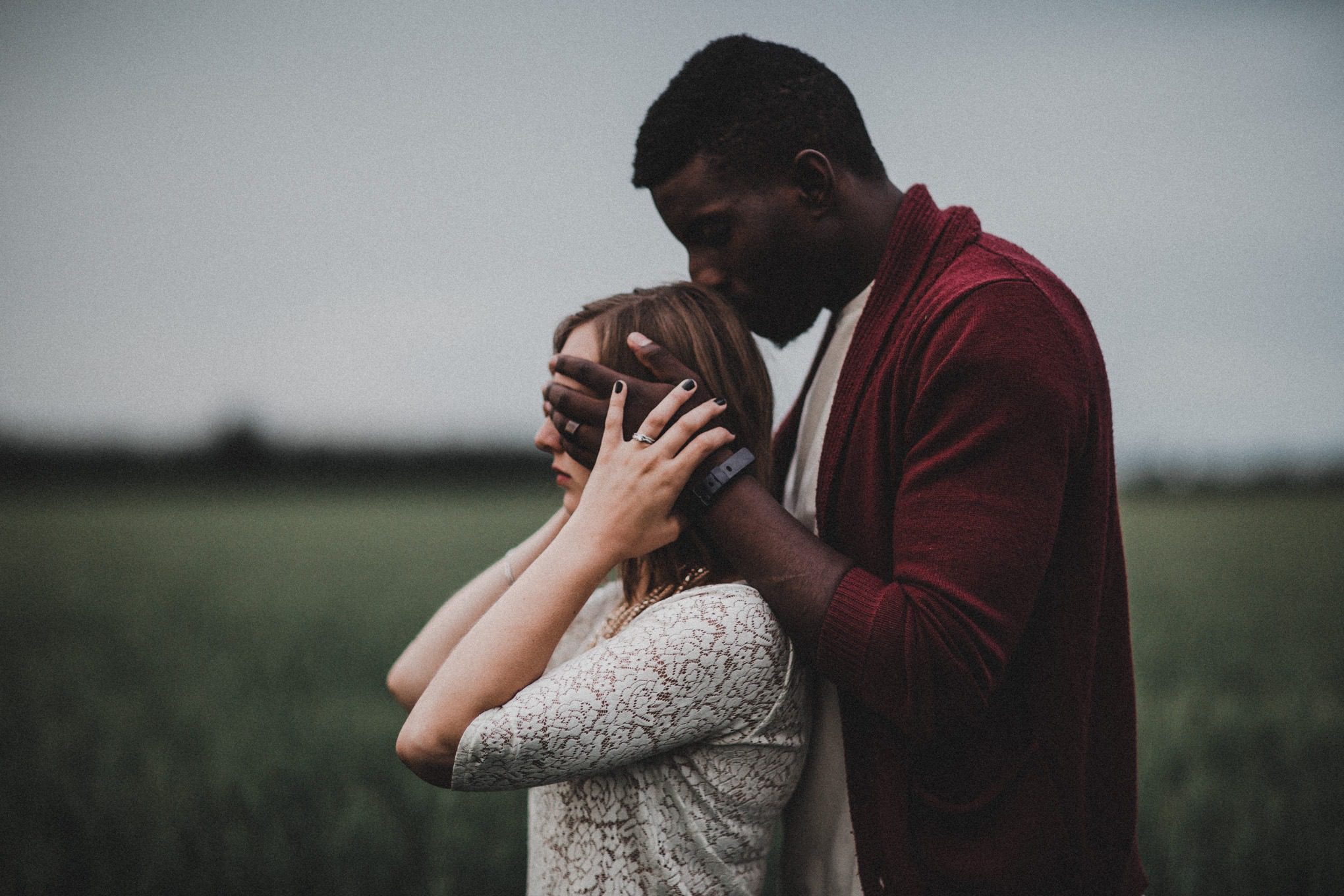 Photography by Tricia Victoria
Photography by Tricia Victoria




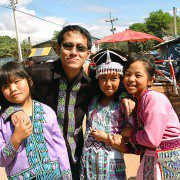


the race card game is one that has been played for one to many a time .
in my home nation we have 43 tribes nested in the same country.. we speak more languages and dialect than most European nations yet were mostly divided along tribal and ethnic lines ..
each election yr the same tribal game is played at the polling stations each tribe voting their own politicians then when caos erupts like it did after the 2007 election we look for the fallout men to take the blame ..
names get shot round like these same folks taking the heat on behalf of the nation don’t belong to the country we all come from ..
next we spend the next five years trying to look united yet still not embracing our tribal diversity what a shame !!!
I wonder if this is more a matter of race or a matter of socio-economic divide. As you say, many of us claim that we are not racist, and we can point to friends of different races (yet similar socio-economic background). But how often can we point to friends of the same race from different socio-economic backgrounds? How many of us are on first name basis with, say, a 50-year-old chronically homeless Caucasian male? Or a 35-year-old female Caucasian drug-addict? (Or whatever race is in question)
You point out that we rarely “make an effort to seek out black populations who are segregated from us, and who may not talk or act like us, and who may even be a little bit dangerous.” Yet I might ask, how often to seek make an effort to seek out populations of ANY race who are segregated from us?
I acknowledge that due to a history of tragedy, African Americans are disproportionately represented in the lower classes of society. This travesty is indeed something we need to acknowledge. Yet I would submit that we should seek to redress not only racial divides, but the broader social, economic, or cultural divides. Yes, invest in inner-city missions, care for the poor, go out and meet those you so rarely cross paths with — whatever race they may be, remembering the diversity that God has blessed us with.